The outcomes of Germany’s elections
Sundays legislative election in Germany brought about a number of post-war novelties and many uncertainties.

Bogdan Matei, 25.09.2017, 12:58
The shock of this year’s parliamentary election, commentators agree, is that the right-wing radical Alternative for Germany made it into Parliament, with 12.6% of the votes, more than opinion polls had predicted. According to the final results, the Conservatives won 33% of the votes, which is 8.5% less than in 2013, and the Social Democrats 20.5%, a 5.2% decrease since the previous election.
Chancellor Angela Merkel’s party remains the strongest in the country, but this is the poorest election result for the Christian Democrats since 1949. In turn, Martin Schultz’s Socialists preserve their second position, but with the poorest score in their history.
Other parties in the new parliament are the Liberals, with 10% of the vote, the far left and the Greens, with some 9% each. According to Radio Romania’s special correspondent, Angela Merkel has secured her fourth term as chancellor, but she can only govern as head of a coalition cabinet, which will be rather difficult to negotiate. Merkel ruled out the option of a minority government. On the other hand, a so-called “broad coalition” with the moderate left is no longer a certainty. The Socialist leader Martin Schultz believes the particularly poor result of his party is a warning signal coming from voters that they no longer want a ruling coalition with the Conservatives.
The presence of the radical right in Germany’s legislative body already seems to cause anxiety in the country. Hundreds of people protested on Sunday night in Berlin, where they chanted “Out with the Nazis!” and “Racism is not a solution.” The election of the nationalist right in Parliament is the greatest challenge since the birth of the Federal Republic in 1949, the Central Council of Jews in Germany says in a news release.
Andrei Tarnea, an expert in international relations, told Radio Romania: “The heart of German politics is under the siege of extremes. The Alternative for Germany will capitalize on this surge of public discontent, which is not only tied to the immigration issue and the wave of refugees that have reached Germany in 2014-2015, but also to the way in which Germany, and Europe as a whole, are run at the moment.”
At European level, observers also say, Germany was among the last members of the Union where the extremists and right-wing populists had not made their way into the national parliament. In fact, the leaders of the far-right parties in France, Marine le Pen, and Netherlands, Geert Wilders, promoters of a similar anti-European and anti-immigration rhetoric, were among the first to congratulate their counterparts in Alternative for Germany. The President of France, Emmanuel Macron, announced in exchange that he called Mrs. Merkel to congratulate her on her election and to express his determination to carry on the French-German cooperation, which is vital for the two countries and for Europe.






























